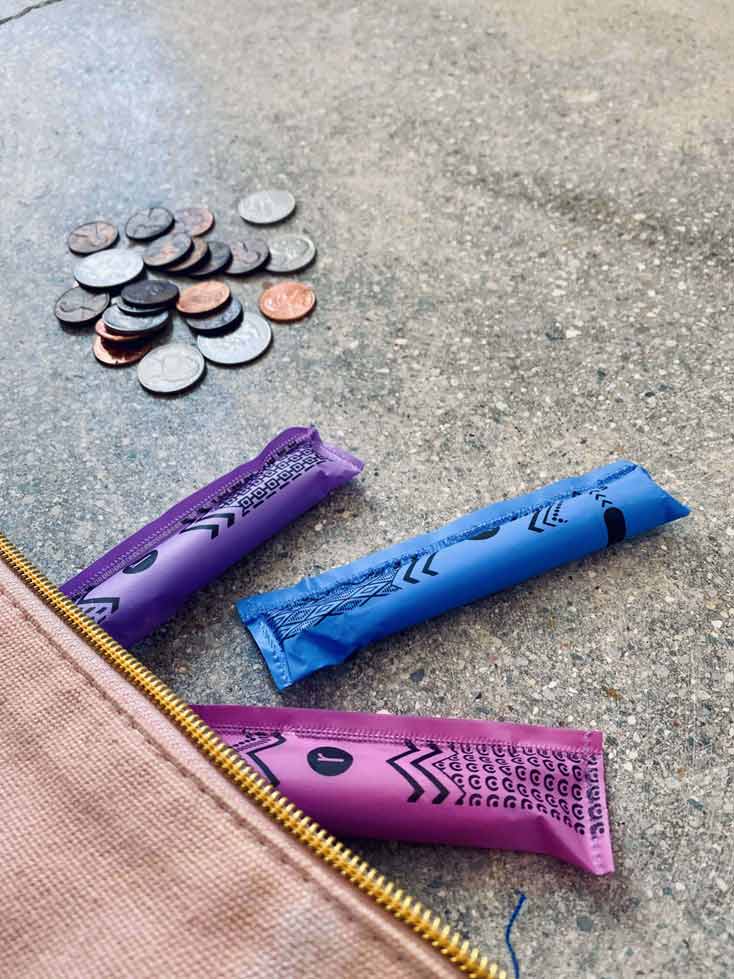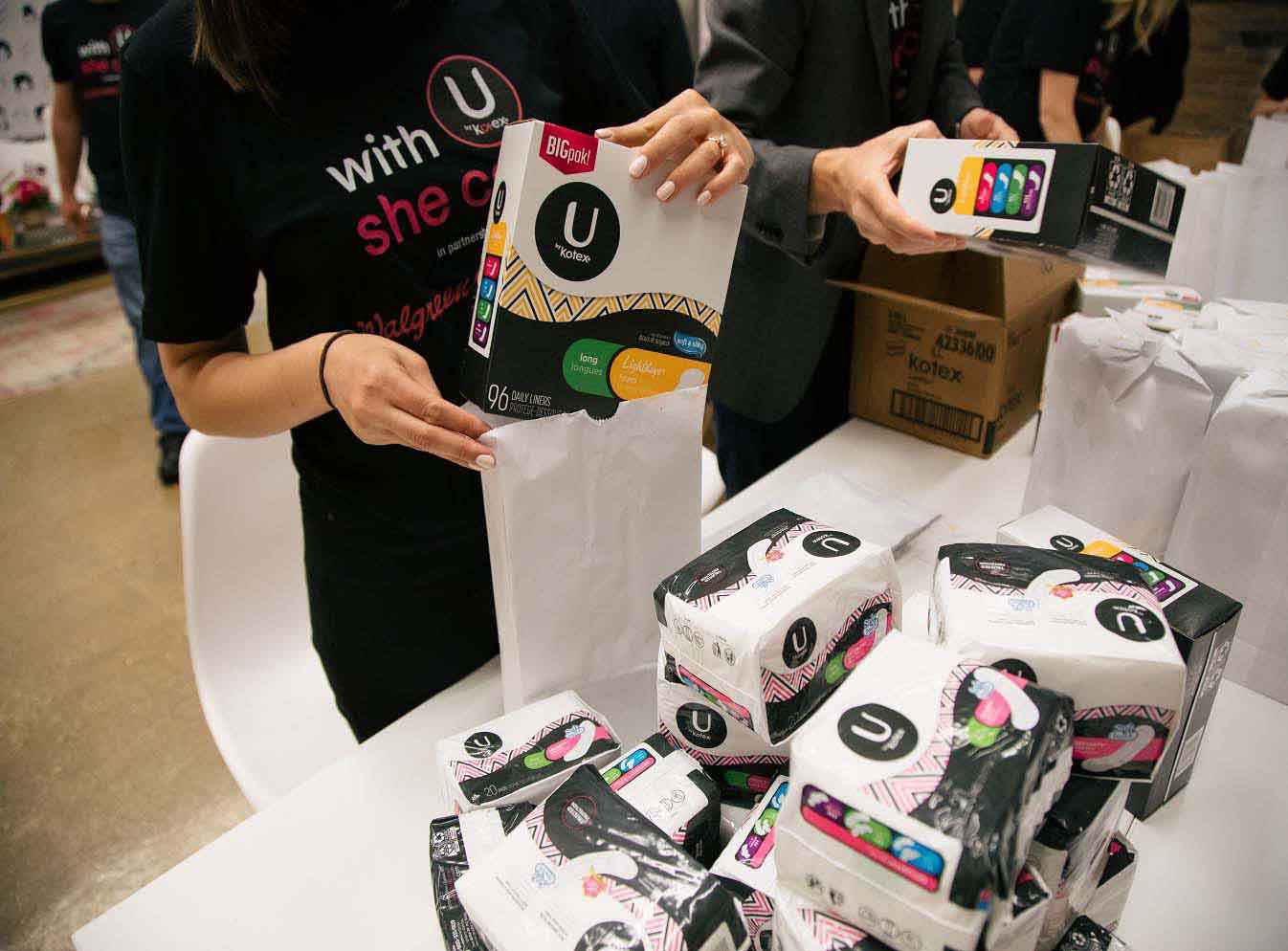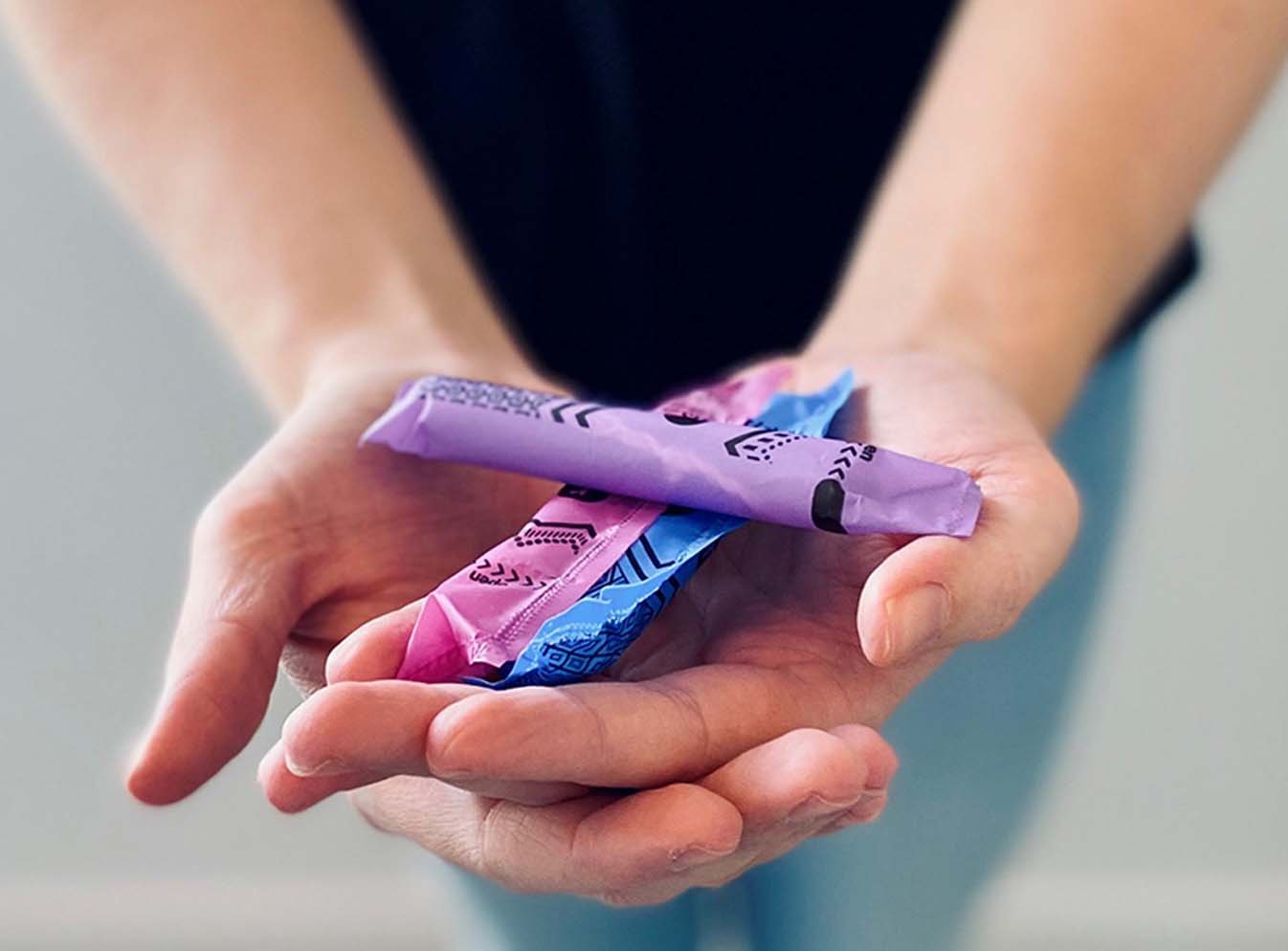How Stigma Around Periods Becomes More Visible for Low-Income Women
How Stigma Around Periods Becomes More Visible for Low-Income Women
Period poverty only increases feelings of shame and embarrassment by making what’s usually hidden go public. By forming community and supporting one another around periods, we can end period poverty and period stigma for all.
The prevalence of period poverty
Periods are experienced every month for nearly 40 years by around half the population. Unfortunately, not all women have access to essential period products. According to U by Kotex research, period poverty in the U.S. affects one in four women. Additionally, one in five low-income women report missing work, school or other important events due to lack of access to period supplies.[1]
Period stigma especially affects low-income women
A 2018 study from U by Kotex found that two in five (41%) women have had to ask to borrow a period product due to lack of access, suggesting that for women who can’t afford supplies, periods become more public. My own research has shown that when a period product like a tampon is made visible, people have a whole lot of negative judgment, and this is why so many girls and women hide the fact that they are on their period. So it’s no wonder period poverty only increases feelings of shame and embarrassment by making what’s usually hidden go public.
Why we need to drop period stigma
Period products are essential for managing health and wellness, so let’s stop hiding them. Women and girls, especially those living in poverty, need to talk about their periods to get the necessary resources to manage it. Instead of shying away from the topic, I encourage all people to normalize conversations around periods, because periods are normal. When we drop the stigma of periods, we drop shame and negative stereotypes, and this can ultimately reduce barriers to success in all areas of girls’ and women’s lives. Improving understanding of what is healthy and normal about periods, can improve women’s relationships to their own bodies and boys’ and men’s relationships to women.
How period stigmas can be shattered
Sparking dialogues and normalizing conversations about periods is a great way to start. Shifting away from hiding period products in private or public spaces also helps to reduce the stigma. Look around and see who might be in need of a product or a hug or some advice. By forming community and supporting one another around periods through open dialogue, caring, and sharing, we can end period poverty and period stigma for all.
For more information on how you can support action against period poverty in your community, visit https://www.ubykotex.com/en-us/end-period-poverty.
About Tomi-Ann Roberts: As a professor of Psychology at Colorado College, Tomi-Ann’s research, teaching, advocacy and expert testimony centers on her Objectification Theory, which examines the sexual objectification of girls and women, self-objectification, and the consequences of these for their embodied wellbeing.








